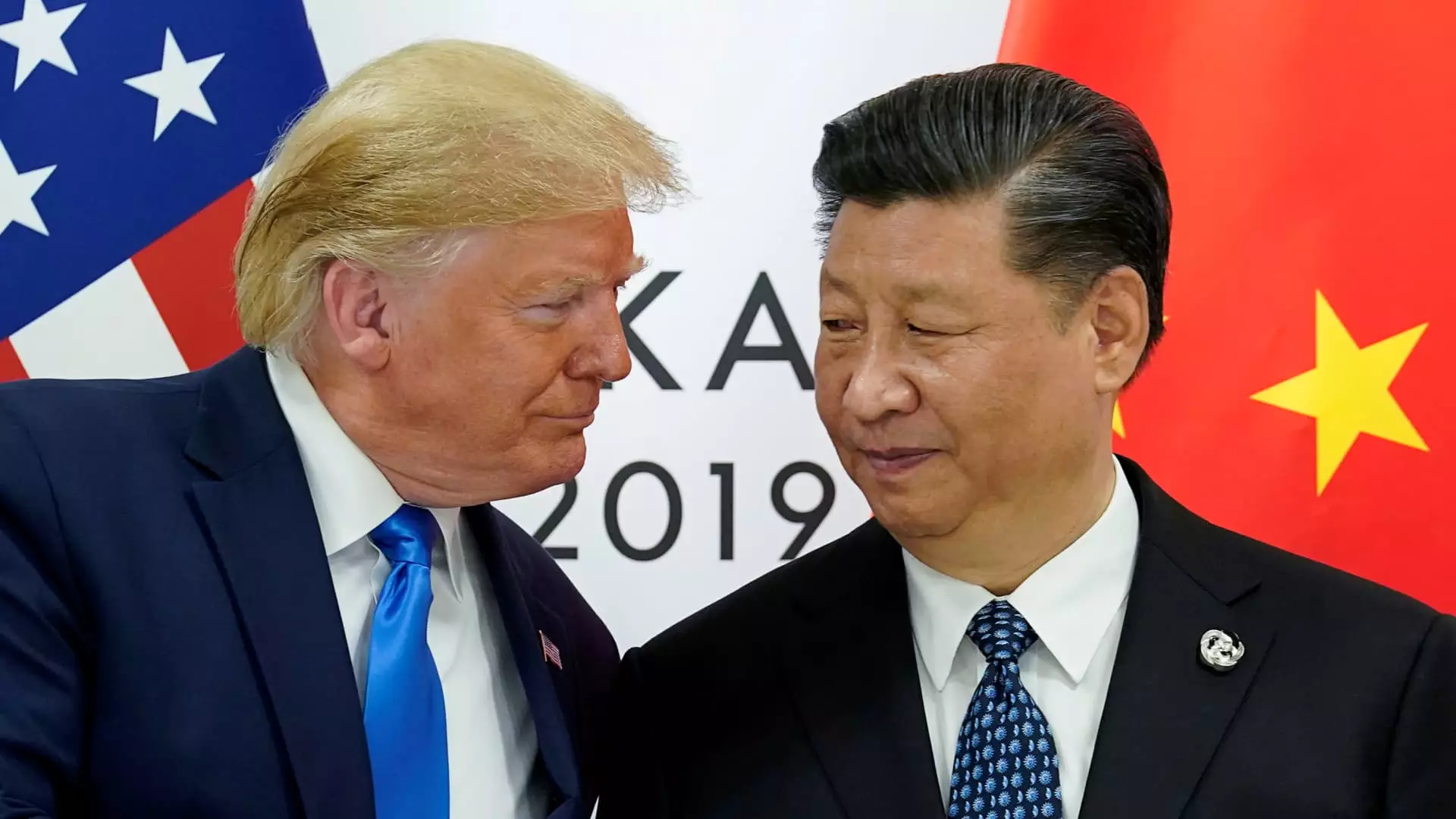In the face of escalating trade tensions, China is publicly advocating for dialogue and negotiation with the United States. The looming threat of increased tariffs, as proposed by U.S. President Donald Trump, has stirred significant concern within Chinese economic circles. As of February 1, the U.S. may impose a 10% duty on a range of Chinese goods, a move that could deeply affect bilateral trade relations. While the White House has taken steps to scrutinize Chinese activities that adversely impact U.S. commerce, China’s Ministry of Commerce emphasizes its commitment to open communication. Spokesperson He Yadong highlighted China’s hope for a productive exchange that aims to manage differences and enhance cooperation under the guidance of both nations’ leaders.
Communication between high-level officials is critical in navigating the complex landscape of international trade. President Trump’s recent conversation with Chinese President Xi Jinping underscores this dynamic. The discussion, though briefly touching on contentious issues like TikTok, was couched in the broader context of reinforcing economic ties. Xi has signaled a willingness to cooperate, framing the relationship between China and the U.S. as one of mutual benefit. This indicates a strategic approach by China to strengthen relationships while protecting its interests against unilateral tariff actions.
While the potential implementation of 10% tariffs appears moderate compared to the extreme 60% rates proposed during the Trump campaign, the economic repercussions could still be substantial. Such tariffs can lead to increased costs for American consumers and can strain the supply chains that interlink both economies. Chinese officials have warned that imposing tariffs will not only harm China and the U.S. but could have ripple effects across the global economy. They advocate for a collaborative, win-win approach that would mitigate these risks, stressing that tariffs serve as an impediment to healthy economic growth.
Despite the overtures for cooperation, China’s leadership remains steadfast in defending its national interests. Minister Mao Ning’s comments reflect a balanced stance: while striving for enhanced dialogue, China will not hesitate to assert its rights and economic sovereignty. This duality is critical in understanding China’s approach to trade negotiations — an insistence on fair treatment while engaging in discussions about mutual cooperation. The Chinese government’s willingness to engage with the U.S. signals a recognition of the intertwined fates of these two global powers.
Looking ahead, the trajectory of China-U.S. trade relations hangs delicately in the balance. As both sides express a desire for communication and resolution, the path forward may be fraught with challenges. Balancing economic interests while navigating political pressures will require deft diplomacy and a commitment to mutual benefit. The willingness to engage in dialogue, as indicated by both Chinese and U.S. officials, may provide a framework for addressing ongoing trade disputes. Ultimately, the world’s second-largest economy seeks to stabilize its relationship with the U.S. through negotiation, positioning itself as a cooperative partner in a fluctuating global market.

